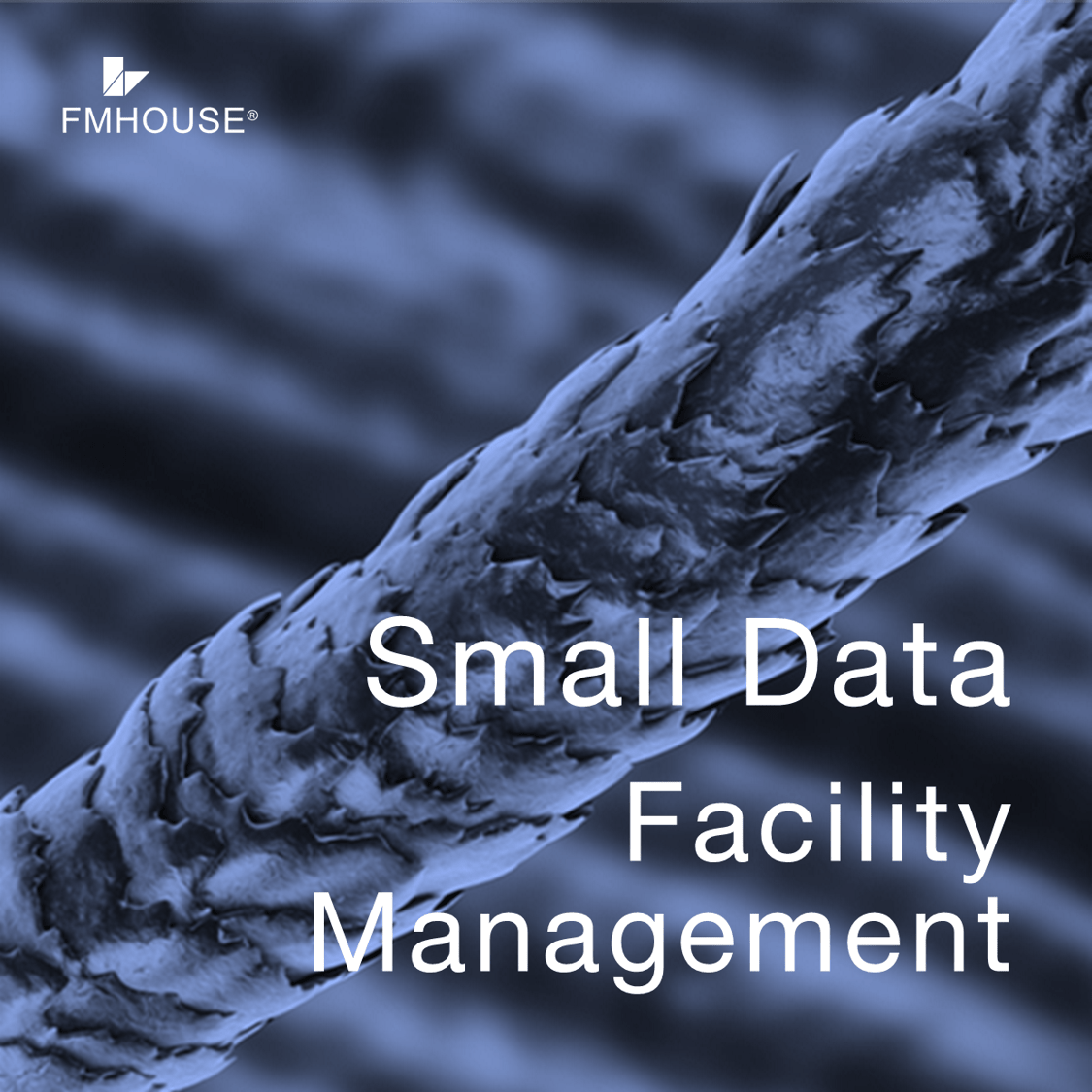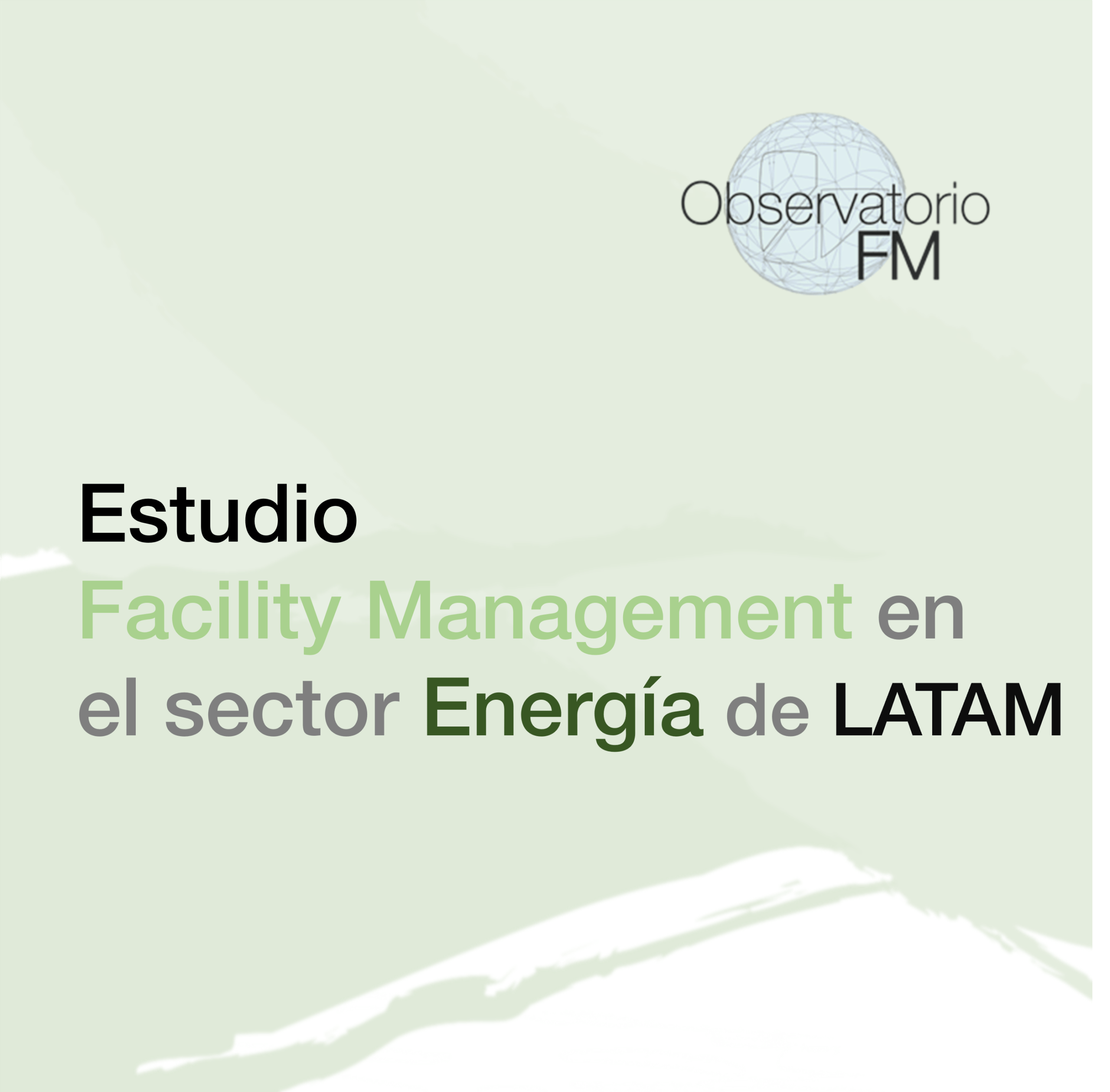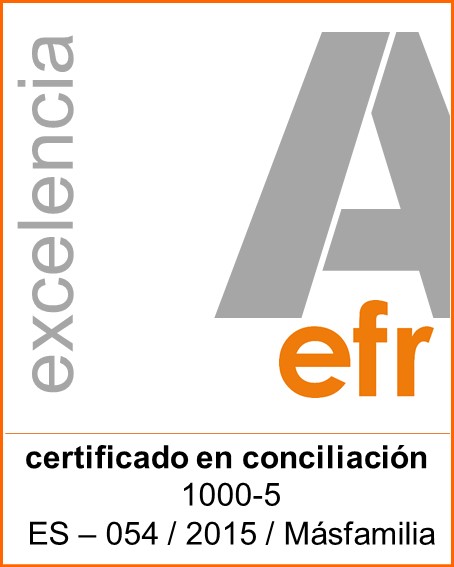It’s hard to find someone who hasn’t heard of Big Data, yet it may not be so easy to find someone who can clearly justify its use. In essence, it consists of collecting millions of pieces of data from different systems, processing them, combining them with other facts and obtaining relevant information with which to make decisions. It is used by Netflix to suggest to its 220 million subscribers what to watch, by political parties to optimise their election campaigns, or by Amazon to anticipate the type of orders it will receive from its 4 billion customers.
The handling of such a large amount of data and how it is combined makes it necessary to specifically manage this information in order to draw valid conclusions. If we now consider Facility Management, Big Data is less relevant since our scale of work is different. We do not have “millions of anything”; no users, no square metres, not even equipment.
People
We have been saying that Facility Management has more to do with individuals than with facilities for a long time. This was reflected in the drafting of ISO 41011, with “people” being the only word repeated twice in FM’s definition. This justifies that people-centric FM models must ensure that they provide adequate support to their customers or users.
Meeting basic needs and demand for one-off services, understanding what is most important for one’s job, proposing alternative solutions or even monitoring individuals’ satisfaction can help predict what those individuals will demand and deliver it before it is required. Anticipating requirements can make an organisation more dynamic and productive, giving it the competitive edge that this entails.
Predictive approach
An office space user typically generates an average of 19 requests or incidents per year. This figure can soar to more than 40 in companies with a high level of what we will call servility. If the mere processing (opening, registering, assigning and closing) of each of the requests takes around one hour, one full-time resource in the support department is needed for every 100 employees. Although this data was gathered before the pandemic, it gives a sense of the “demand” that employees can generate and the cost of tending to them.
With a significant portion of the workforce working remotely, either part-time or full-time, what those people need from home must also be addressed. You soon realise if something is affecting productivity in the office, but if your employees are not close by, it is harder to understand the impact of a shortcoming or inconvenience. Investing in order to anticipate demand is more important than before, and involves processing only a small amount of data, albeit from a variety of sources and determinants. In any event, the focus should be on predicting rather than correcting, as costs and response times are much dearer than when everyone is located in the same place.
Data Management
The term “Small Data” was first coined in 2016 by writer Martin Lindstrom in his book “Small Data: The Tiny Clues That Reveal Huge Trends”. The author chronicles his experience and explains the methodology he uses to make business model analyses based on direct contact with individual end consumers in their homes. This methodology makes it possible to identify decisive nuances that Big Data is not able to capture. Furthermore, the systems needed to work with Small Data models are much more affordable and accessible and are compatible with virtually any computer.
The architectures needed for analysis are relatively simple and do not require expert programmers or complex algorithms. Models can be independent and may address specific problems through the processing of specific data. It is not necessary to move the entire root data “gap”, which is very cumbersome to manage. Instead, models can focus on solving particular issues, including the amount of information needed at any given time, something of great importance when striving to meet the needs of the Facility Management world.











